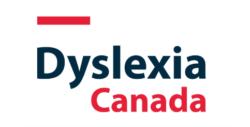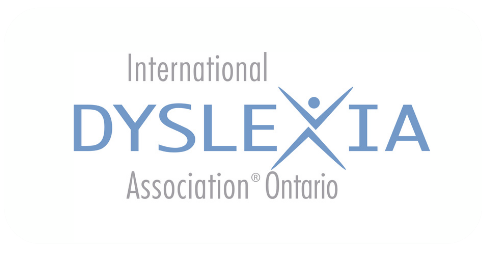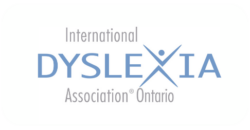Vocabulary knowledge must be intentionally nurtured to ensure that students are ready for the greater vocabulary demands of reading complex texts and writing multi-paragraph essays, but we need to pay attention to cracks in the foundation and scaffold our lessons accordingly, or it all falls […]
In this series of videos, Dr. Andrea Fraser highlights key considerations for school boards and districts as they move to evidence-based assessment and data-based decision-making.
Missed the ONlit Syntax Party with Dr. Margie Gillis? Catch up with the recordings – learn about why syntax is necessary for skilled reading and writing, and how to best teach this important language domain.
In this video, Dr. Anita Archer models an explicit vocabulary lesson with older students. Note how Dr. Archer involves active participation: students are engaged throughout. Note also the high level of teacher-student interaction. See if you can count the number of “serve and return” interactions!
In these webinar recordings, Jordan Sloan, Melissa Monette Smith, Siobhain Doyle, and Laura Bross explore assessment, evaluation, and reporting in the context of the revised Language curriculum and the new one-mark report card structure for Ontario students.
Hear the story of dedicated educators working together to put in place a full MTSS framework (Tiers 1-3) to support ALL students. This webinar focuses on a partnership between Mount St. Joseph University and a local school; the main investigator and school administration share their […]
Watching this webinar from PaTTAN, you will learn why summarizing has been identified through research as highly effective for developing comprehension and writing. It defines a quality summary and how it differs from retelling or paraphrasing. Practical suggestions for explicitly teaching summary writing based on […]
This video brought to you by Stephanie Stollar will clear up any confusion about universal screening and diagnostic assessment. Not only will you understand the differences, but you will also learn how the two work together to help guide instructional decisions in reading.
See how repeated reading, an evidence-based approach to building fluency, can be implemented in the classroom with this brief video from the Institute of Education Sciences.
Even as students enter kindergarten, there are huge differences in their individual vocabularies. If we are to narrow the achievement gap that students from different economic levels exhibit in the upper grades, we must provide systematic, robust explicit vocabulary instruction in the primary grades. One […]
These are the key ideas and principles guiding the ONlit team’s work. We hope they might be helpful for you, as well, as we collectively work toward shifting systems to allow all children realize their right to learn to read.
Joan Sedita, founder of Keys to Literacy, explains the two key steps students need to learn in the revision process when writing: thinking critically about what they have written and how they can make improvements and proofreading.




